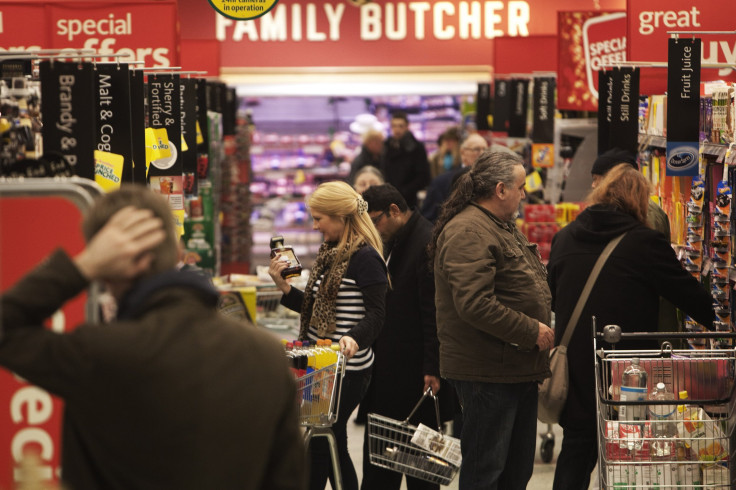Millions Sickened From Contaminated Food as FDA Budget Shrinks

Many people in the U.S., especially those in the lower income brackets, die each year due to illness caused by eating contaminated foods. Yet, there seems to be a general belief that food safety standards are top-notch.
In fact, the belief in the food safety standards of the U.S. is so strong that, in 2011, the House of Representatives voted to cut the Food and Drug Administration's food safety budget. Their reason: "our food system is 99 percent safe," as reported by the The Washington Post.
The Centers for Disease Control and Prevention estimates that food-borne diseases sickens approximately 48 million people each year, about 128,000 get hospitalized and around 3,000 die due to food-related disease.
Last year, the United Stated had 37 fruit and vegetable recalls, whereas in 2005, just two had been recalled. Recently, Trader Joe's had announced that it is recalling Creamy Salted Valencia Peanut Butter amid reports of a salmonella outbreak.
A recent report in Bloomberg Markets Magazine shows just how bad the condition is. The FDA has not been able to do enough checks to ensure if the food is safe to consume. The Bloomberg story says that the agency inspected just "6 percent of domestic food producers and just 0.4 percent of importers" in 2011. The food industry on its part hires third party auditors that are given the task of ensuring that the food is safe. These third part auditors are for-profit establishments that often don't do the necessary inspections.
At times, the agencies that are conducting the inspections can entirely overlook a dangerous situation. According to the Bloomberg Markets Magazine report, Mansour Samadpour, owner of IEH Laboratories & Consulting Group which conducts inspections on the behalf of the FDA ,said: "If you have a program for adding rat poison to a food, the auditor will ask, 'Did you add as much as you intended?"' Samadpour says. "Most won't ask, 'Why the hell are we adding poison?"'
President Obama had signed The Food Safety Modernization Act, making it a law in 2011. However, the Act hasn't been implemented yet.
"You need to be in a culture that takes food safety seriously. Right now, what we have is hidden. The third-party auditor stickers and certificates are meaningless," Doug Powell, lead author of a study called "Audits and Inspections Are Never Enough," said to Bloomberg Markets Magazine.



























